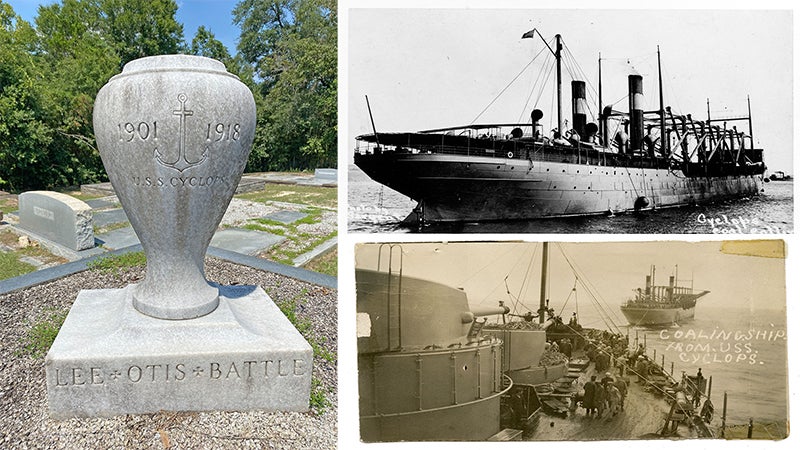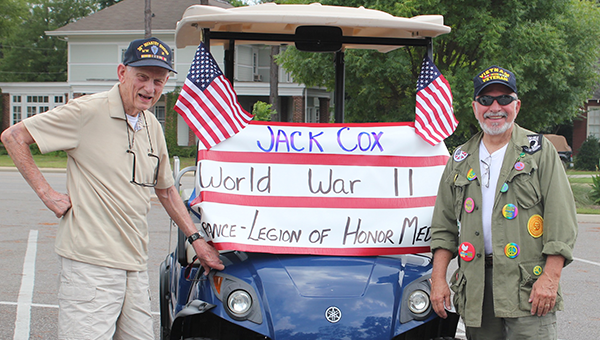What will history say about us?
Published 12:00 am Saturday, July 28, 2012
I read with interest the life story of civil rights pioneer and longtime educator Thelma Glass, who died in Montgomery this week at the age of 96.
She was the last surviving member of the Women’s Political Council, a group that helped organize the Montgomery Bus Boycott in 1955-56.
The retired Alabama State University history professor, who taught geography for 40 years and had an auditorium named after her on campus, also drove people to work during the boycott so they could avoid riding on city buses
A Montgomery Advertiser editorial bemoaned the fact that the number of people who played quiet, important roles in the American civil rights movement, is dwindling. Their contributions, the editorial said, were indispensable.
I wonder if Thelma Glass realized she was helping to shape history in 1955 when she spread word of the boycott through a large community without the aid of a cell phone, Facebook or Twitter. I wonder if this amazing woman – who attended a function in support of her beloved school four days before her death – thought her world would change because she drove people to work, or because she investigated mistreatment of blacks on Montgomery city buses and interference with blacks who were trying to vote.
It is rarely lost on those of us in the print industry that we are writing the first draft of our community’s history. But I wonder how many of us – writers and subjects alike – are aware that we might be affecting history.
With our votes we write history, choosing leaders who’ll make important votes in our behalf – at city hall, in the county administration building, on Goat Hill, and in Washington. With our votes, we support – or stop – progress; embrace specific agendas; even sanction war.
With our commitments to civic projects, we also shape our community’s future. I am pleased to be a part of a civic group that raises money for important community projects; to live in a community that helps the less fortunate through projects like Habitat for Humanity and Miracle League; and I am pleased to be affiliated with a church that is undertaking an initiative to bridge the gap for hungry families.
While we may not have the opportunity to have a role comparable to Thelma Glass’s in the civil rights movement, we have opportunities to make a difference every day.
“Although Thelma Glass had no children of her own, she is survived by a large family of former students who benefited from her influence — and by a community greatly enriched by her presence,” The Advertiser’s editorial board opined.
What are you doing to enrich your community?



